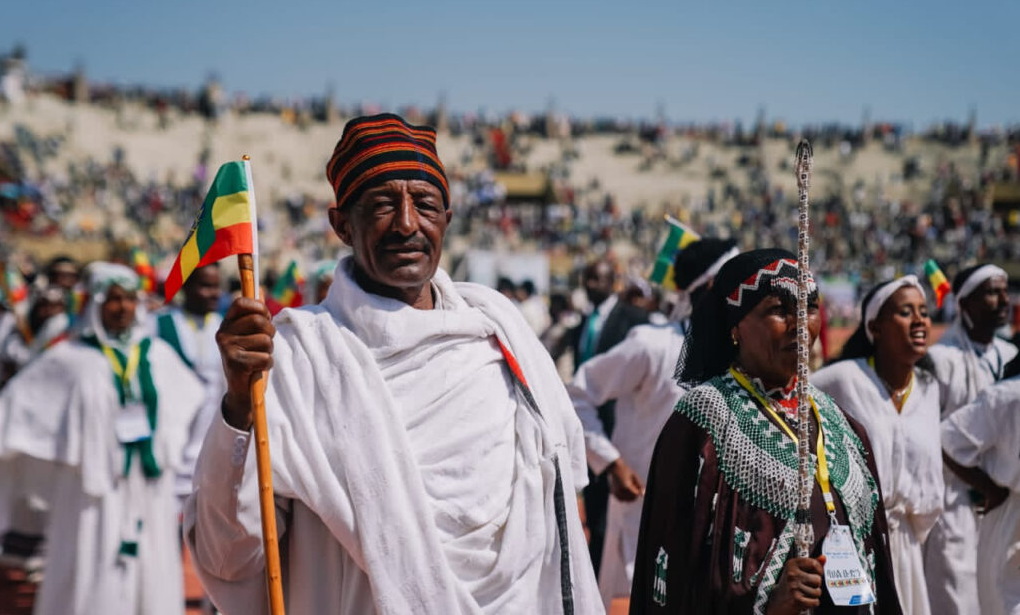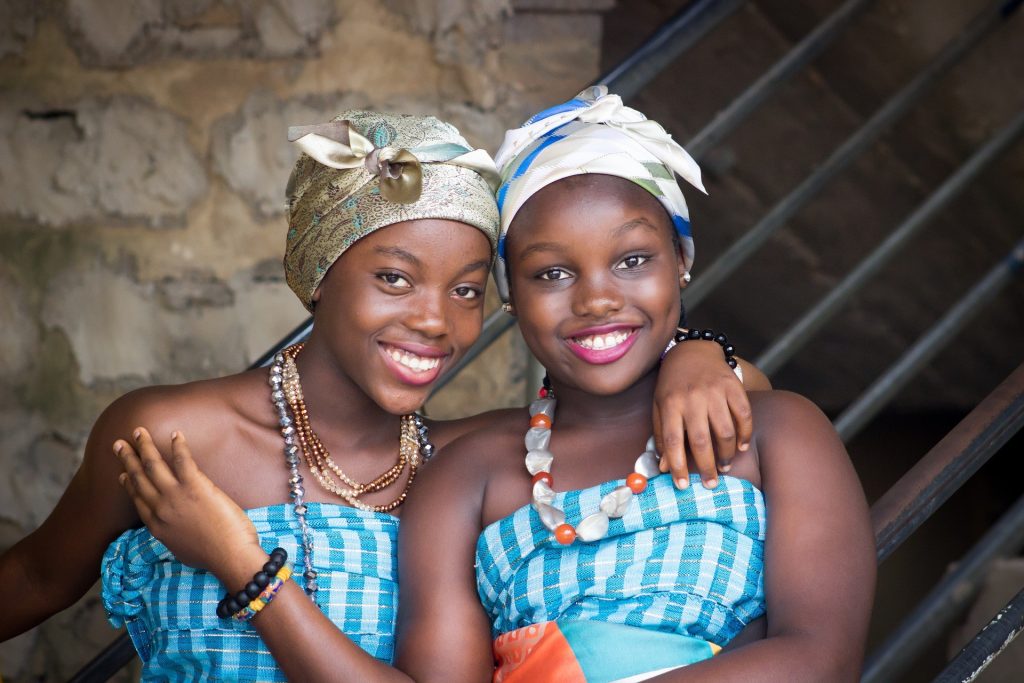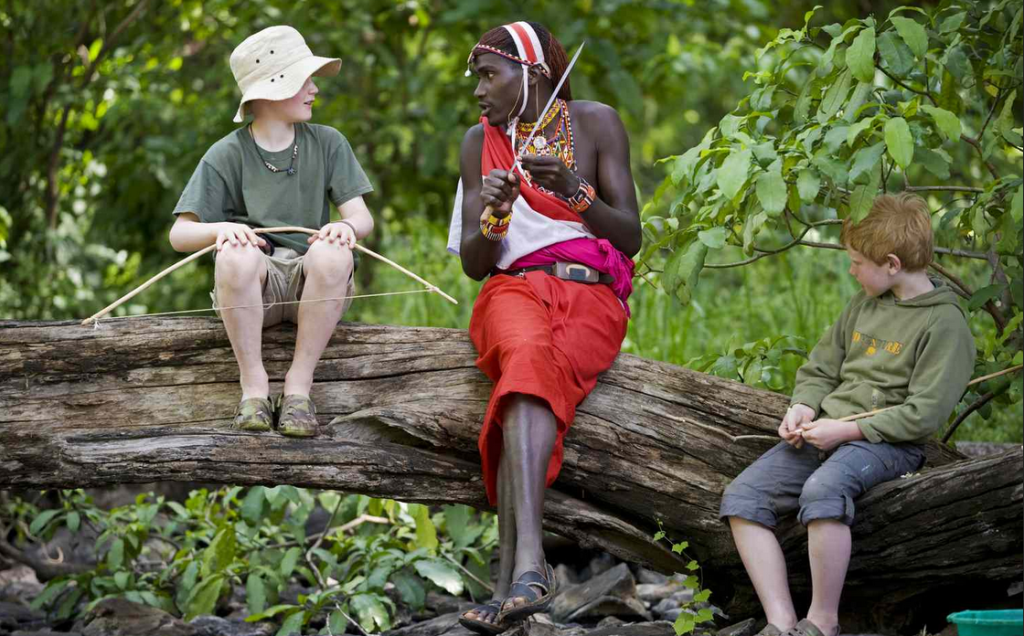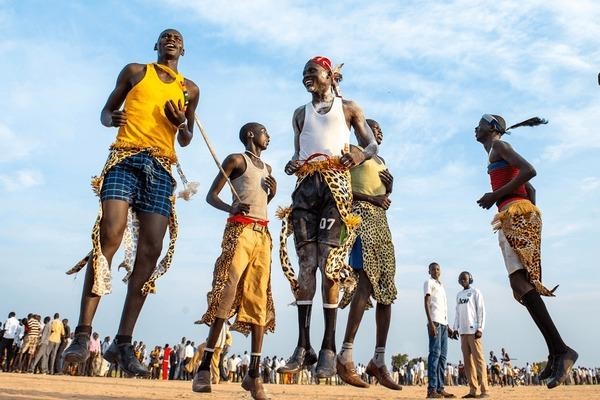The Xhosa language is a Bantu language originally from South Africa. It is spoken by an ethnic group called amaXhosa, which is officially referred to as isiXhosa. The word Xhosa is derived from the Khoisan language, which is spoken by a group of Indigenous South Africans, and it translates to ‘angry men’. The Xhosa language is largely characterized by clicking sounds, which links it to its parent language, Khoisan. All African languages with clicking sounds are either directly or indirectly linked to the Khoisan language.
After the Zulu people, the isiXhosa are the largest Bantu-speaking ethnic community in South Africa. The Xhosa language is one of the 11 official languages of the South African constitution. Today, over 7 million people (about 18% of the South African population) in South Africa speak the Xhosa language. The isiXhosa are among the ethnic groups in South Africa who have managed to protect and preserve their cultural beliefs and practices despite exposure to modern Western influences.
History and Origin of the Xhosa Language
The isiXhosa people speak one language but are distinctly divided into different subtribes whose origin can be linked to the Nguni people. A significant portion of the Nguni people were assimilated into the Zulu Kingdom, whose cultural beliefs and practices are very similar to that of the Xhosa people. This group abandoned their circumcision customs. Over time, the remaining portion of the Nguni people intermarried with the Khoikhoi and retained their circumcision practices.
Eventually, the Xhosa Kingdom was founded sometime before the 1600s when Tshawe, leader of the Nguni clans, fought and conquered Cirha and Jwarha ethnic groups. At the time, the new kingdom was named after their leader and was referred to as amaTshawe. Tshawe’s descendants expanded the newly-founded kingdom, creating a new territory and assimilating more people to live under their rule.
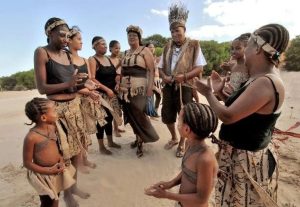
Different variations of the Xhosa language developed, with the major one being isiMpondo or isiNdrtondroza. Smaller dialects or variations included Bomvana, Thembu, Cele, Hlubi, Mfengu, Ngqika, Bhaca, Gcaleka, Ntlangwini, Mpondimise, Rharhabe, and Xesibe. At this point, the Xhosa language was not a written but a spoken language. Over the years, the Xhosa settled towards the west where they either eliminated or adopted Khoikhoi chiefdoms and San groups. During this period, their language was influenced by the click sounds originally found in the Khoikihoi and San dialects.
During colonization, the Xhosa resisted the colonizers and their influence on their culture. However, the introduction of the apartheid rule greatly diminished the Xhosa kingdom as their land was grabbed by the British who forced them to live in Bantustans in Transkei and Ciskei and denied them their right to obtain South African citizenship. Eventually, these homelands were eliminated in 1994 when a Xhosa-speaking leader, Nelson Mandela became president, allowing the free settlement of the Xhosa people and the rest of the South Africans of African descent.
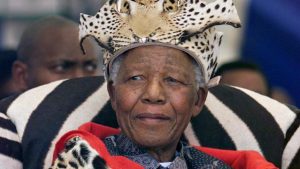
How Xhosa Shapes African Culture and Identity
1. The Preservation of Oral Traditions and Heritage
The Xhosa language started as an oral language long before it became a written language. The language was rich in music and oral poetry, which was passed on from generation to generation orally. Xhosa tradition is characterized by creative verbal expression in the form of folktales (intsomi), praise poems (isibongo), and proverbs. Orak literature was used to tell the tales of heroic and brave political leaders and their ancestors who made a remarkable contribution to their society. They were also used to narrate dramatic adventures with both human and animal characters. All these forms of oral traditions were full of lessons and teachings for younger generations.
2. Cultural Identity
Xhosa is one of the most unique African languages, given its distinctive click sounds that can easily be identified. Speaking the Xhosa language fosters a sense of unity and cultural identity among Xhosa-speaking communities. The uniqueness of this language also fosters a sense of pride among its speakers.
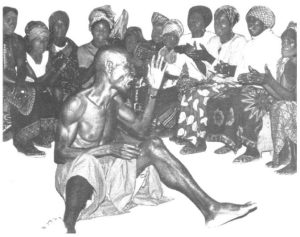
3. Cultural Practices and Traditional Ceremonies
To this day, Xhosa-speaking communities in South Africa continue hosting traditional ceremonies and taking part in their community’s cultural practices. One such ceremony is the rites of passage ceremony, locally referred to as ulwaluko. The Xhosa people also celebrate the birth of a child in a colorful ceremony referred to as imbeleko. Song and dance are a big part of such celebrations, promoting the continuity of Xhosa traditions and practices.
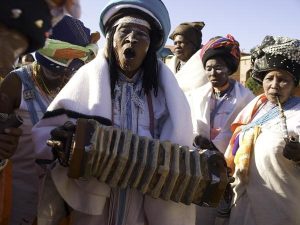
4. Political Influence
Popular African leaders such as Nelson Mandela and Steve Biko, were Xhosa speakers. They used the language to foster African unity and advocate for their people’s justice and fairness. The Xhosa language was also used by political leaders during colonial resistance, which made significant contributions towards fostering unity and the abolishment of oppressive regimes like apartheid.
Xhosa in Pop Culture and Media
1. Music and Performance Arts
Xhosa music has long been part of South Africa’s music scene. Popular musicians such as Miriam Makeba have incorporated the click sounds of the Xhosa language in their music. Such productions make the language popular and promote the inclusion of indigenous African languages in the music industry. Modern-day Amapiano songs have also incorporated the Xhosa language in popular music productions, promoting its popularity in the international music scene.
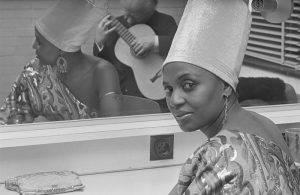
2. The Local and International Entertainment Industry
Local TV productions in South Africa and other African countries feature the Xhosa language in some scenes, generating popularity for the language across different audiences. Xhosa has become so popular across the entertainment industry that it is incorporated into popular film productions such as Black Panther. The Xhosa language was the official language of the Wakanda people in the film, a decision that increased the language’s popularity internationally. Actors such as Atandwa Kani spoke Xhosa on set, showcasing how remarkable the language is and fostering pride and a sense of belonging among all Xhosa-speaking people across the globe.
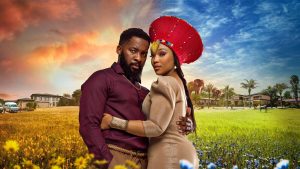
3. Social Media and Digital Content
Popular Xhosa-speaking content creators and influencers often post Xhosa content in the form of humor and cultural beliefs, creating a lot of traction for the language. They also share memes that feature cultural teachings, which they elaborate to their international followers who are curious to learn the language. Several South African Xhosa speakers post content and communicate with others in Xhosa. This creates a sense of belonging and unity among Xhosa-speaking communities.
4. Digital Educational Platforms
Today, Xhosa language lessons are offered on several popular learning platforms, such as Duolingo. The language has generated significant interest among non-native speakers, indicating its immense impact across the globe.
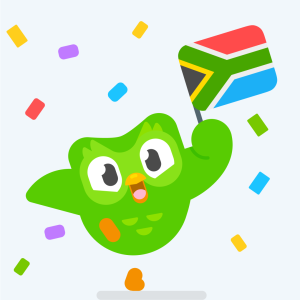
References
South Africa.com. (2024). Xhosa- Language of the Eastern Cape. https://www.southafrica.com/culture/languages/xhosa/
South African History Online. (2016). Xhosa. https://www.sahistory.org.za/article/xhosa
South African Tourism. (2024). Vibrant Culture: Clicking with the Xhosa people of South Africa. https://www.southafrica.net/gl/en/travel/article/clicking-with-the-xhosa-people-of-south-africa
TranslateSwift. (2024). Xhosa language. https://translateswift.com/languages/xhosa/

